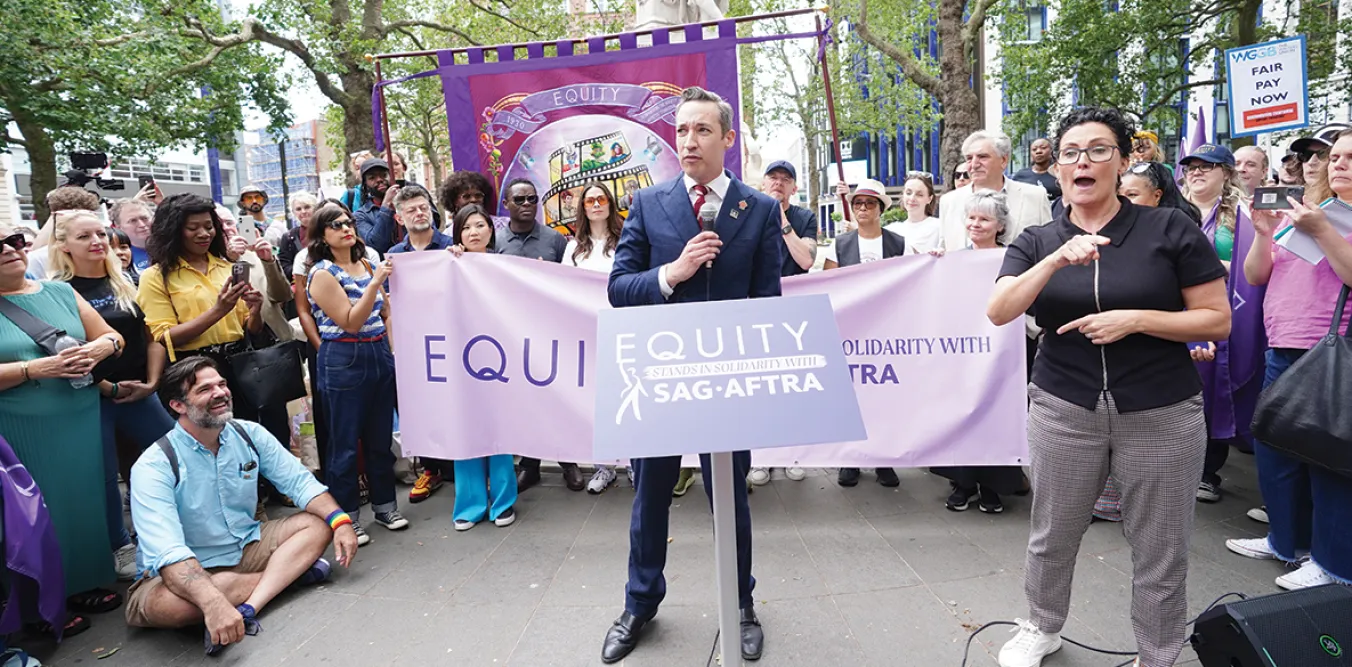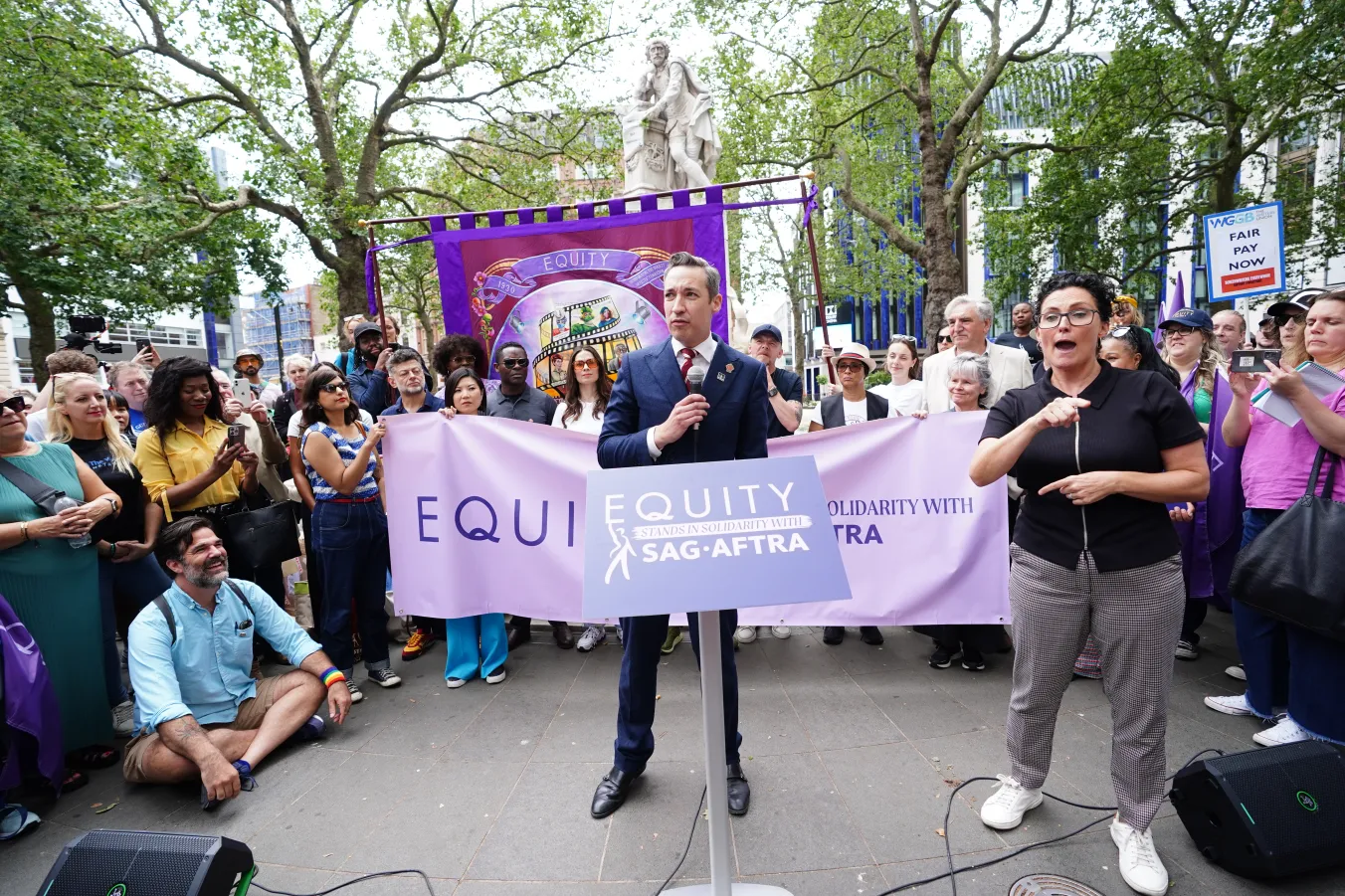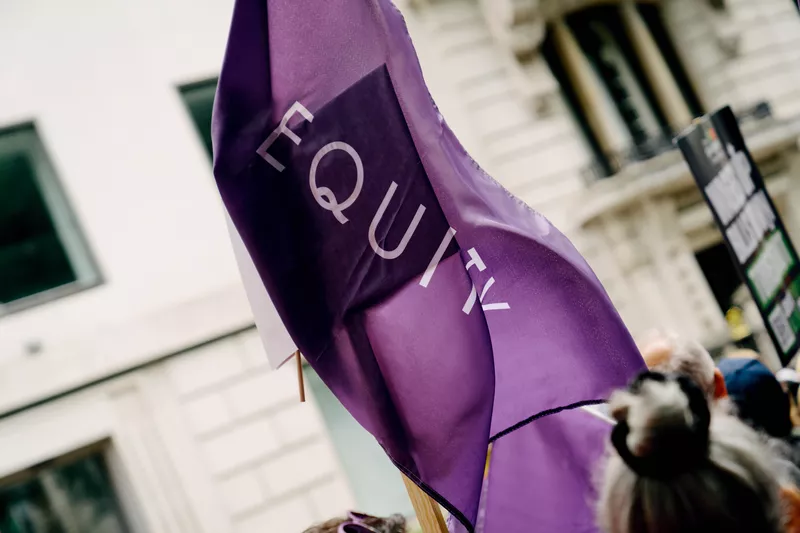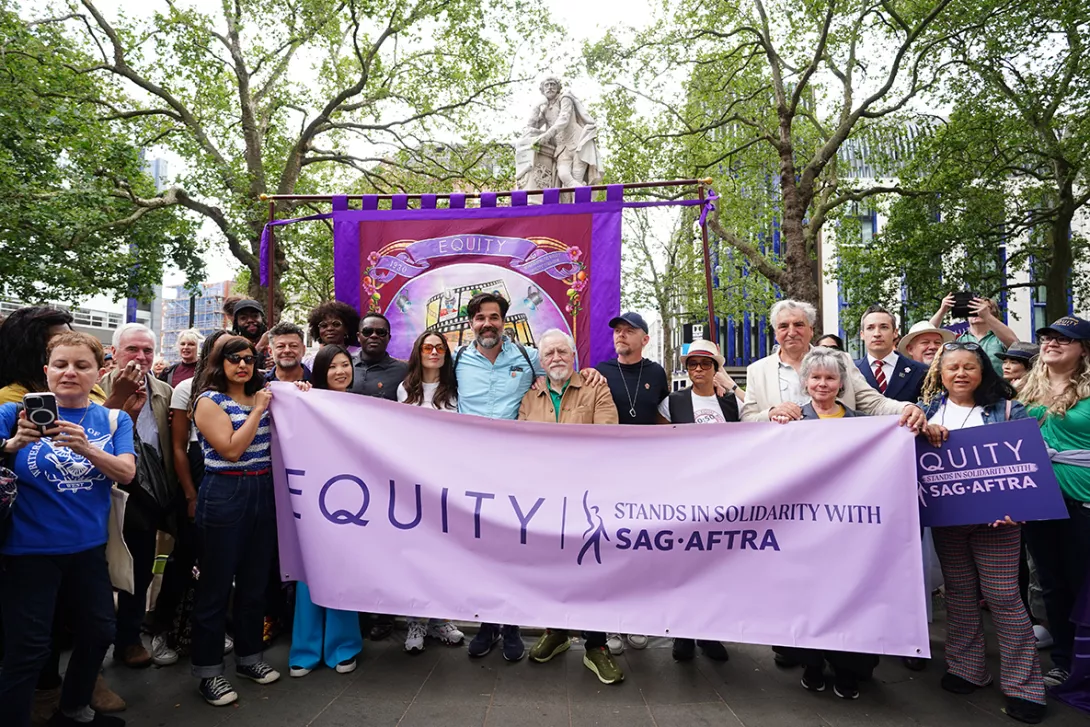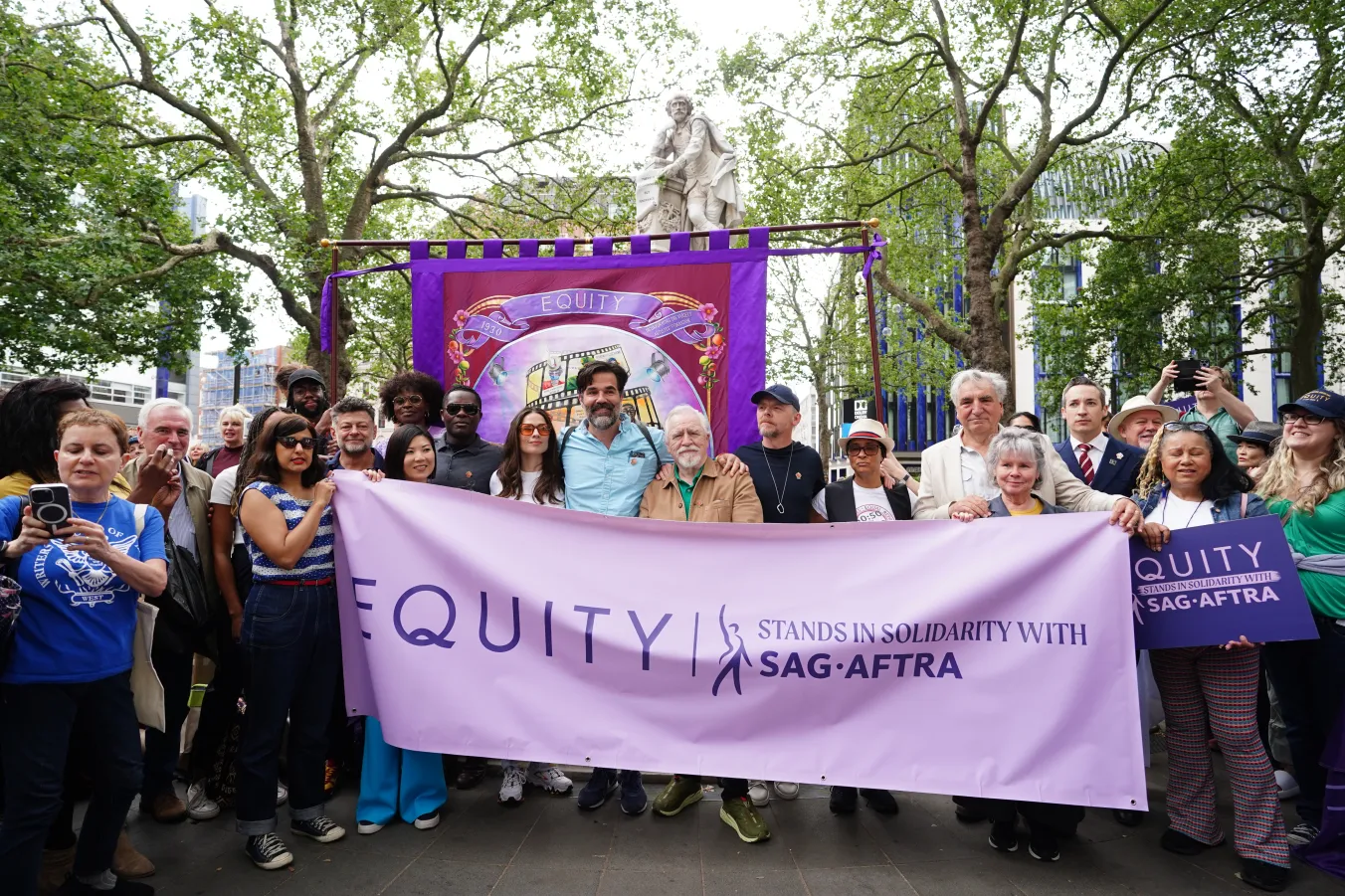
IMAGINE you’re looking for a new job. You’re short on cash, and your options are all short-term work. You’ve trained for years and are laden with debt. Sixty per cent of the work you undertake is in London and south-east England. As well as your rent, bills, childcare costs, you have to keep training and taking classes to get work. Without a permanent job those costs of training and development are on you. Then, simply to access 95 per cent of workplaces you have to pay a fee of £200 every year — up front, whether you find work or not, irrespective of how much you earn. The bosses who benefit from your skill, training, precarity, and labour pay nothing to the industry monopoly which controls access to work.
It is taken for granted in practically every industry that a worker does not pay up front to look for work. The scenario above is outlawed for most working people since 1973 — but the regulations which cover work-seeking explicitly exempt the performing arts and entertainment industries. The desire to work for Equity members comes at an upfront cost — it’s a tax on hope.
One of Equity’s motions to Congress this year seeks the movement’s support and solidarity to ensure the government ends the carve-out which makes this practice legal in the industries where our members work. It’s a critical strand of a campaign which matters to all workers.
